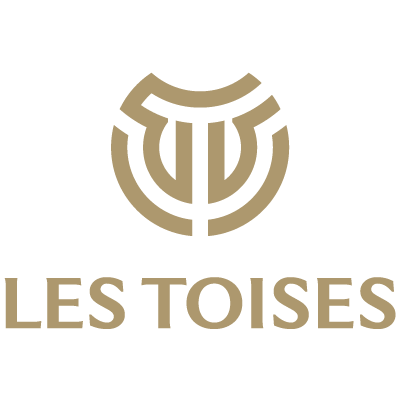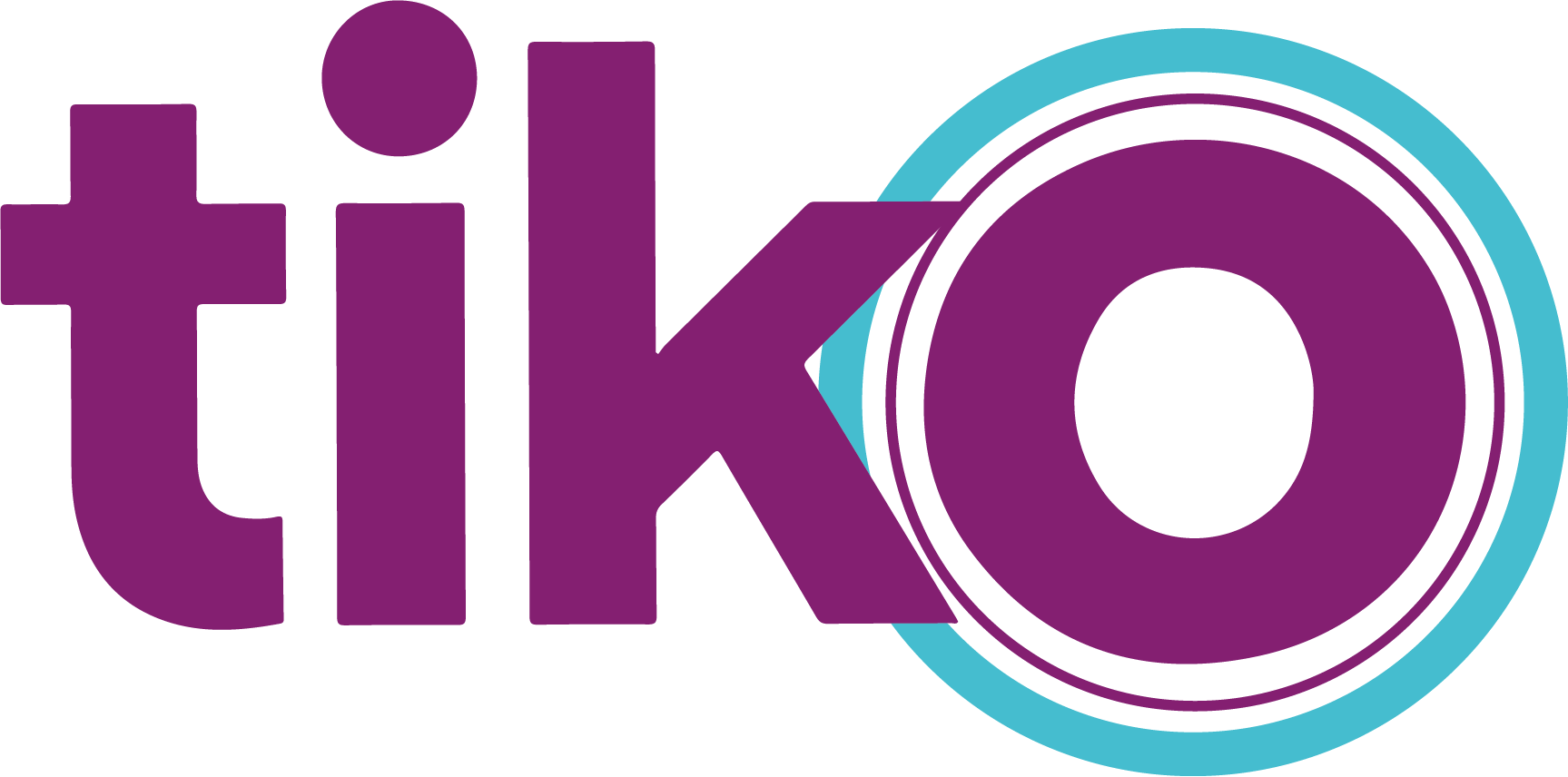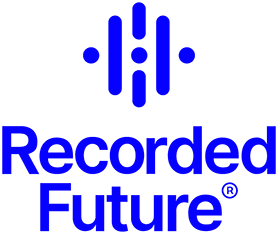Meet the Speaker, Adam Warski
Jun 19th, 2023
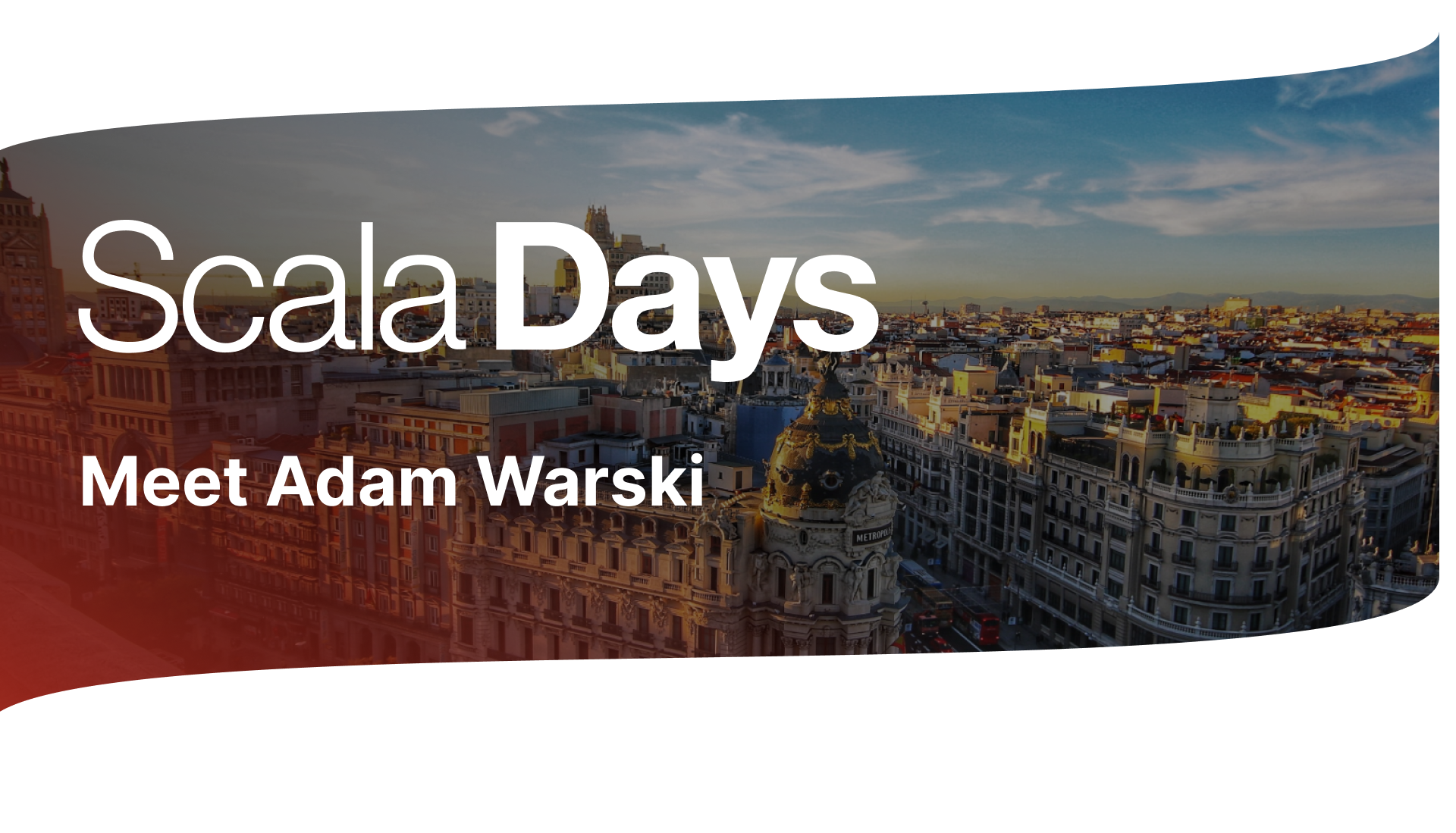
Adam Warski is one of the co-founders of SoftwareMill, where he mainly codes using Scala and other interesting technologies. He is involved in open-source projects such as sttp, tapir, Quicklens, and ElasticMQ. Adam has spoken at major conferences, such as JavaOne, LambdaConf, Devoxx, and previous editions of ScalaDays.
Apart from writing closed- and open-source software, he tries to read the Internet on various (functional) programming-related subjects in his free time. Any ideas or insights usually end up with a blog.
At Scala Days Madrid, he will present the talk “Concurrency in Scala and on the JVM.” This presentation will characterize the various approaches to concurrency, revealing their strong and weak sides so that you can pick whatever best suits your project. The talk will consider safety, developer experience, readability, interaction with effect systems, type-level guarantees, and more!
We asked Adam some questions about what he’s looking forward to and what you can take away from his presentation:
What are you most looking forward to at Scala Days this year?
As with any conference, it’s always a great occasion to find out what are the current top problems that people are dealing with, and how they approach solving them. Additionally, Scala conferences are a great occasion for me to reconnect with the many people I came to know in the community over the years. It’s been a slow start for conferences after the pandemic, so it’s high time to catch up :).
What can attendees expect to learn during your talk session?
There has been quite a lot of debate not only in Scala, but also in the wider Functional Programming and Java communities, as to how concurrency should be best handled in the codebase. For sure, there are no magic bullets, but we can identify some trends and try to examine, which approach is best for a given class of problems. The introduction of Virtual Threads to the upcoming Java 21 causes a renewed increase of popularity, and a fresh look on the so-called “direct-style”. On the other hand, functional effect runtimes have evolved to guarantee properties which might be hard to match for other approaches.
What is a contribution to the Scala community that you are particularly proud or fond of?
I have the luck to be involved in multiple Scala open-source projects, which are being actively used by the community. Definitely tapir is a project which involved the most design and implementation work, and provides a continued stream of challenges when it comes to API design. Similarly with sttp client. However, I would also mention quicklens, which I think has a particularly high usability/size ratio: it’s very handy, but also was relatively quick to develop.
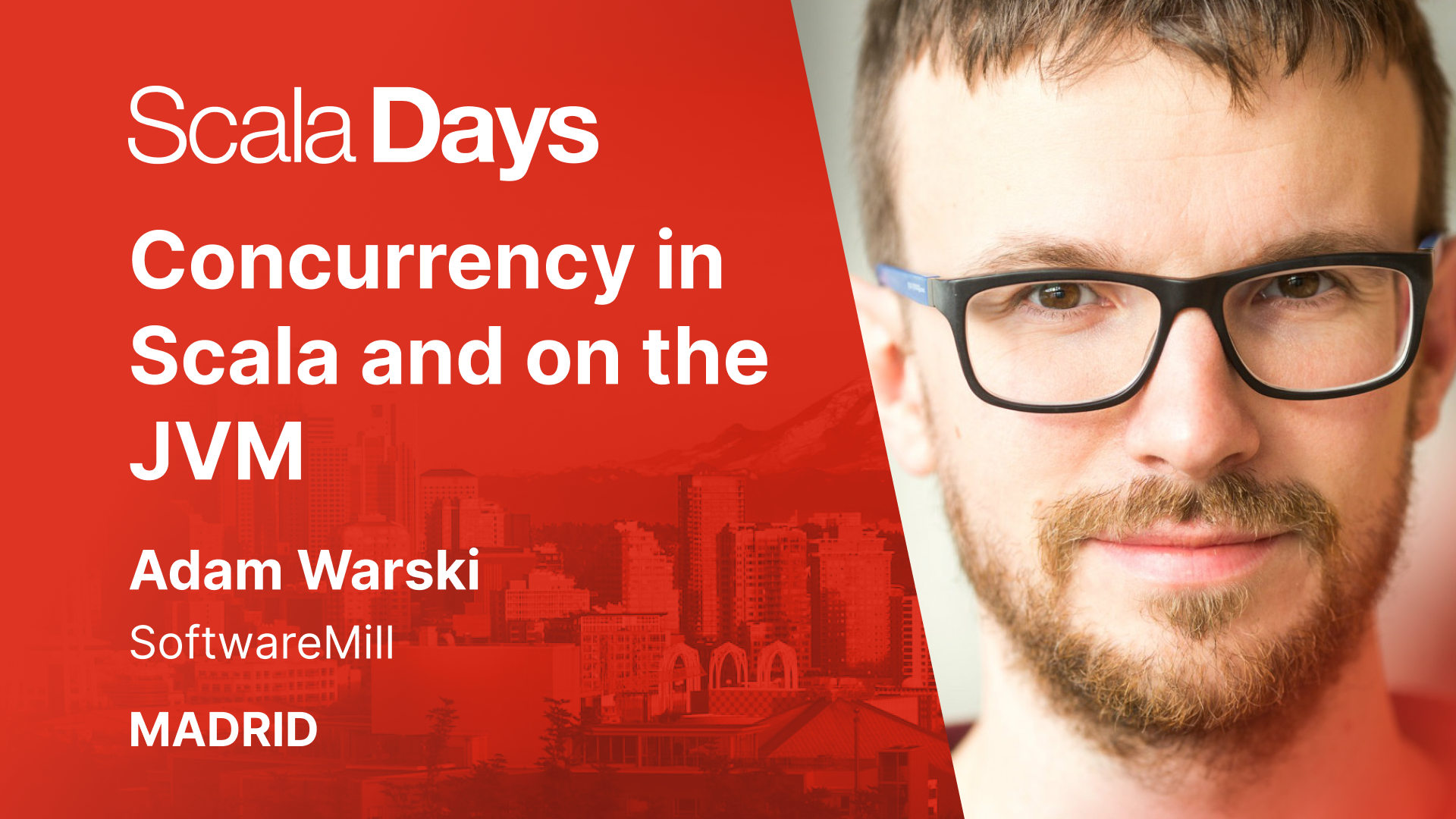
You can find Adam at Scala Days Madrid and on Twitter, LinkedIn, and GitHub.
Book your tickets today to meet Adam and more amazing experts at Scala Days Madrid!











